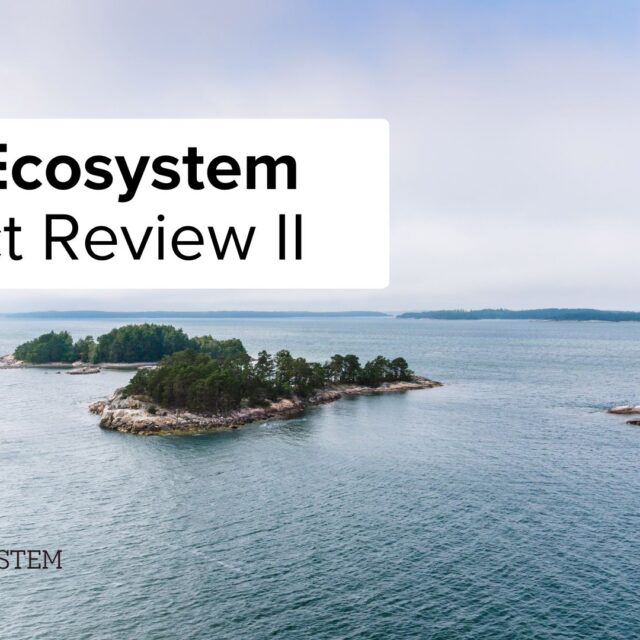Aiming to introduce zero-carbon or carbon-negative fuels in the marine industry
Kaj Portin leads the Zero Emission Marine (ZEM) research theme aiming to find the best solutions and production technologies that enable the introduction and safe implementation of green hydrogen, green ammonia and alternative biofuels in the engines and systems developed at Wärtsilä.
He works as General Manager, Sustainable Fuels & Decarbonisation at Wärtsilä Marine Power. With a long career at the company, he is currently focused on developing the strategies that define the technologies to use zero-carbon or negative carbon fuels for a more sustainable maritime future.
ZEM ecosystem welcomes broad expertise on developing solutions to enable green fuels
According to Portin, the research theme under his leadership is looking for companies which can contribute to the development work with their expertise and understanding on green fuels, their implementation and safe usage that adhere to the latest and ever-changing regulations on CO2 emissions and other factors.
He points out that the collaboration does not only apply to vessel engines but also to other equipment, such as tanks. Collaboration also applies to production, transport, storage, and post-processing of green fuels. Alternative feedstock for biofuels and blending of bio and synthetic fuels is also of interest in the research theme.
Exploring the new materials for Wärtsilä’s systems
The first step in the research theme is to develop new material technologies. The ZEM ecosystem will together explore and identify the materials compatible with the equipment and systems developed at Wärtsilä so that alternative fuels can be used in the products. The MASCOT (Materials for CO2-neutral processes in resource-intensive industries) project coordinated by VTT is the first funded ZEM ecosystem project and it will take steps in this direction.
As the output of the work at hand within the ZEM ecosystem, Portin envisions a marine fleet that is able to demonstrate a system using alternative fuels. It could be a pilot project or a lab environment where the end-to-end solution is implemented. Portin concludes: “We are highly motivated to show that as the work within the ZEM ecosystem progresses, we will be able to demonstrate our ability to comply with the set decarbonisation targets as concrete end results, leading the way to a sustainable marine industry.”
Is your company developing solutions, technologies, or processes for green fuels? Do not hesitate to contact us to find out if we can ideate and innovate together!
Read more about technologies enabling introduction of green fuels here.

